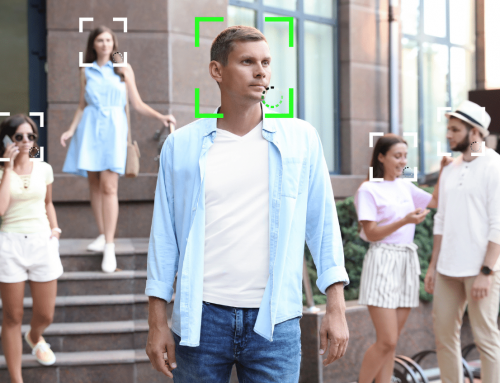When high-tech meets retro - and loses
Imagine this: One of the most modern AIs of our time, ChatGPT 4o from OpenAI, fails miserably against a chess program running on a home computer from the 1970s - the legendary Atari 2600. While AI models today write entire novels, produce films or support medical diagnoses, an 8-bit processor with 128 bytes of RAM was enough to give the AI a chess lesson.
What sounds like a joke was documented by Citrix engineer Robert Caruso and is causing a stir in the tech world. His experiment shows that even an AI that seems to know everything can fail at the simplest things - especially when it comes to concrete thinking.
Why does a modern AI lose against pixelated chess pieces?
"It's a matter of time before it works", you might think - but it's not that simple. ChatGPT can easily explain what castling is, why the London system is popular or how Bobby Fischer played. But in the live game, the AI repeatedly fell into the same traps: illegal moves, overlooked threats, confused piece positions.
The reason? Language models like ChatGPT are not made for visual or rule-based thinking - at least not in the depth that a pure chess program can. Atari Chess, on the other hand, was programmed precisely for this purpose: It knows no conversation, no emotions, no distractions - just chess.
Even when Caruso tried to accommodate ChatGPT, for example by using simplified piece symbols, the result did not change. "ChatGPT made enough mistakes to be laughed at by a third-grade chess club," he commented dryly.
Chess: the weak point of smart systems?
Chess has long been considered the supreme discipline of AI. Ever since IBM's Deep Blue defeated Garry Kasparov in 1997, it has been clear that machines can beat humans at the game of kings. But Caruso's experiment proves that not every AI automatically becomes a grandmaster.
The explanation lies in the structure of today's language models. They work with probabilities and text patterns - not with concrete world logic. So if a model knows how to describe chess, this does not mean that it can play chess. Real strategic thinking requires specialized systems, such as AlphaZero from DeepMind - but not ChatGPT.
AI is powerful, but not infallible
The result may be amusing at first glance, but it reveals a serious problem: many people overestimate what AI can actually do. Just because a system appears eloquent does not mean it is "intelligent" in the human sense. In a legal context, this means that trust is good, but control is mandatory. No judge would rule on the basis of an AI suggestion - and that's a good thing.







